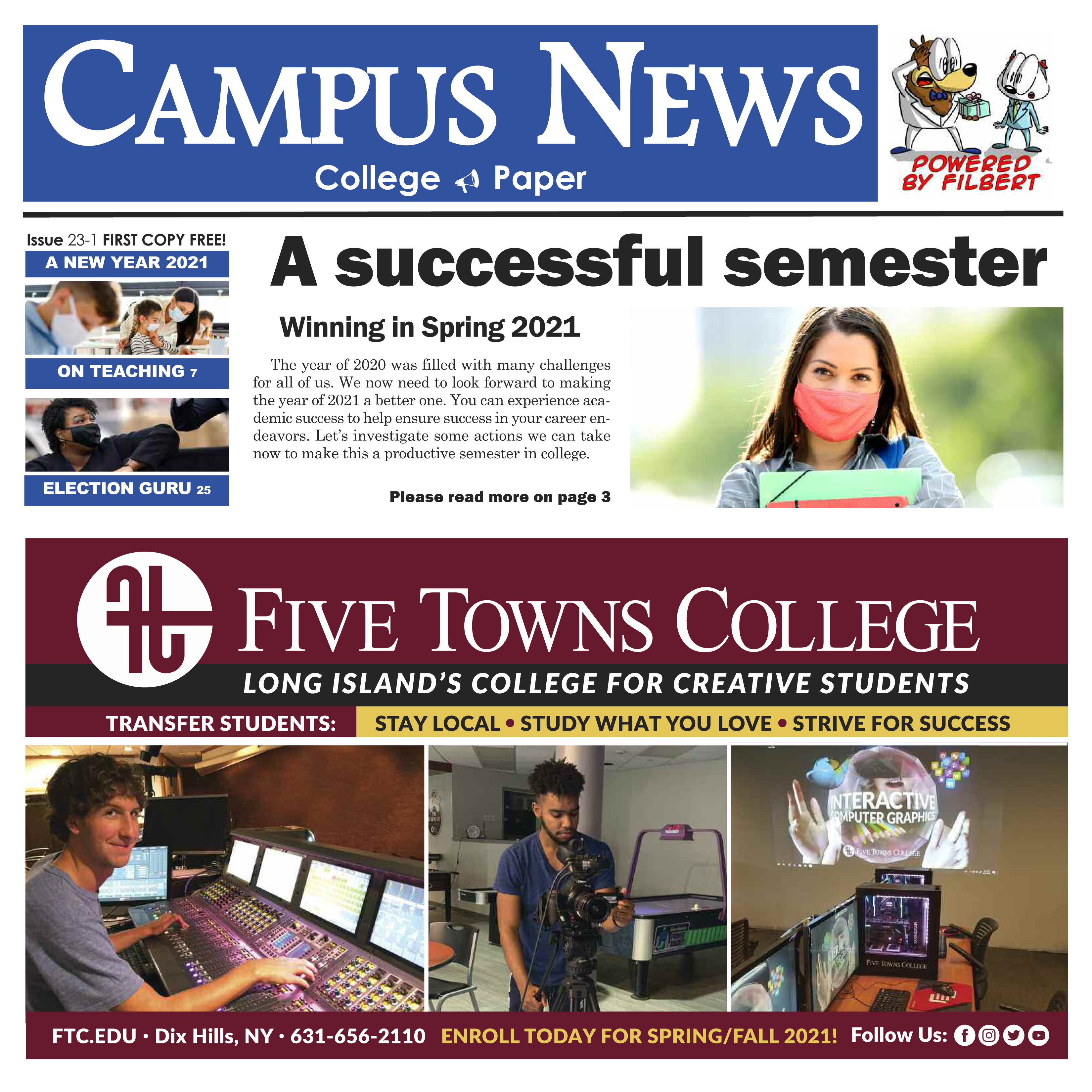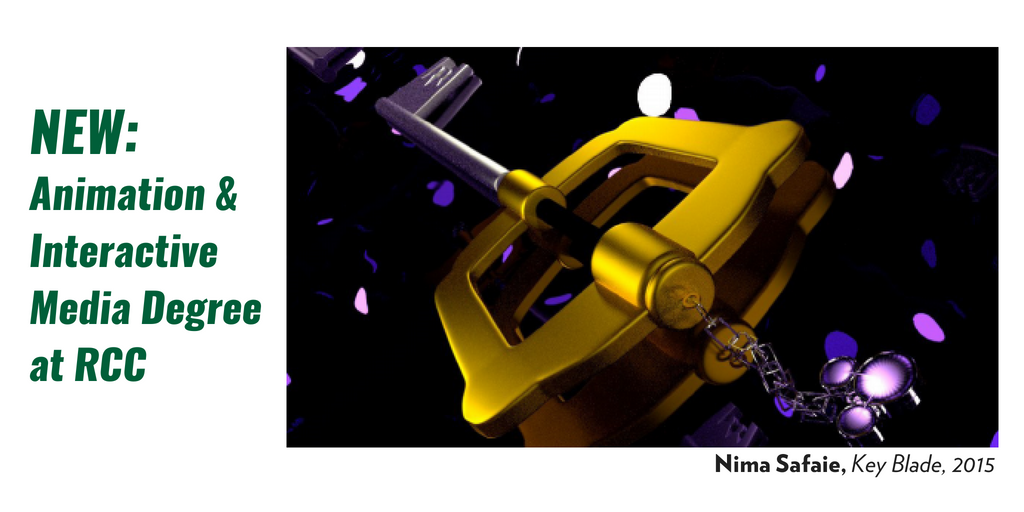By Darren Johnson
Campus News
There’s no doubt that Amanda Gorman, 22, is America’s most well known living poet right now, after her widely lauded lyrical preamble to President Joe Biden’s inauguration.
The event was widely watched mainly because the country has been so divided, and there’s more anticipation than usual for a new president.
And the new administration is Democratic, and Democrats tend to be more friendly to the arts.

(Interestingly, in contrast, former President Donald Trump entered his official plane for the last time as dive bar songs like “Gloria” and “YMCA” were blaring.)
I’m a veteran of college writing programs. I have a BA and MFA in creative writing, and I’ve attended endless workshops, at multiple colleges. These programs largely shaped my sensibilities as a writer, my ability to know what’s good and what’s bad in writing. What’s self-indulgent. What’s a cliche. What’s tired and has been said before. Use your five senses. Show, don’t tell. Allegedly, these programs gave me taste. And they also gave me shackles.
People all over the country loved Ms. Gorman’s epic poem, and that’s great. There have been very few poets in the past hundred years who the masses know — Robert Frost, Maya Angelou, and now Amanda Gorman — but having a figurehead for the art surely makes that art more acceptable in everyday life. Maybe some parents now won’t be so hard on their kids who pen verse in spiral pads. Maybe those kids will be encouraged instead of berated.
But I believe if she went through a typical college writing program she wouldn’t have made it to Biden’s podium. (She was a Sociology major at Harvard — maybe she took some workshops as electives, I don’t know, but it’s Harvard; I doubt they have the typical disaffected youth dominating their arts programs).
I was the cool kid in a writing program once — the one all of the other students thought would actually make a living off of creative writing. What they didn’t realize is, we were writers’ writers. What we were doing was cool — to us. To this day, I remember some great writing that was read in these workshops, and great stories that appeared in obscure zines, never to make a dollar.
One I recall was of an English professor who had to return a student’s paper, but he couldn’t find her. He heard she worked in a peep show, so he paid the fee, the curtain opened, and there she was so he could give her her paper. It was awkward, in a good way. You’d never see this story in a mass media publication. It’s a story writers like, and no one else.
All writers, sitting alone in a room, have an imaginary audience they are writing for. These creative writing workshops condition us to think of other writers as our audience — not the masses. We seek validation from the cool kids with the who-cares look and attitude.
In one 100-level workshop I took, the instructor asked the class to bring in a song and lyrics that we thought were poetic. We made photocopies of the lyrics for everyone to read, and the song was played over a boombox.
I brought in a B-side from the Talking Heads, which was totally acceptable. Other cool writers brought in songs from alternative acts, I forget which. Perhaps Siouxsie and the Banshees.
But one guy brought in a Simon & Garfunkel song. Maybe “Sounds of Silence” or “Bridge Over Troubled Water.” You get the idea. Pukeworthy stuff your mother listened to.
One woman gasped when this song started to play. Other people started laughing. Even the youngish instructor quickly covered her mouth, but I could see a snicker.
That poor kid looked embarrassed, and definitely fell to second-tier status in that class thereafter. He probably never wrote again creatively; I don’t recall having seen him in other classes at that school. I don’t even remember his name.
If a young Amanda Gorman entered that class with her style of poetry — long and winding; full of concepts and social constructs; telling, not showing; optimistic, and (gasp!) rhyming — I’m not sure if the cool kids would have accepted that.
But, fortunately for her, she never was subjected to the sneers from disaffected youth in a cinderblock walled basement classroom. She was allowed to develop unfettered. To create her own voice — and the masses love her for it.
And don’t knock the masses.
When all’s said and done, it’s the writers who are prolific who are more likely to be remembered 100 years from now.
If Gorman had taken the typical writers’ workshop, she might have developed a false idea of audience. It would be limited to that critical room.
And maybe she would have quit.
And, surely, President Biden would have found another poet, but not a young celebrity poet.
Poetry is a dying art, and widely disparaged. It needs all of the celebrities it can create.
While Gorman’s poetry may not be Frost’s or Angelou’s — yet — she’s still in the game, and has a long way to go. Gorman is actually on Frost’s “Road Not Taken.” There are hours to go before she sleeps.
She wasn’t chop-blocked by a clique of students and their professor, afraid of success themselves, and transferring those fears to the one student who truly stands out.
The mass of people want a hero — someone like them to take the stage.
Perhaps those who are playing it safe are not those artists who appeal to the everyperson, but those who find comfort within the parameters of the cinderblocks. Without even a window.
They are the clique, the caged bird, afraid to sing.
 Darren Johnson publishes Campus News, a newspaper available in kiosks outside colleges throughout New York City. His novel is Prof. Mule.
Darren Johnson publishes Campus News, a newspaper available in kiosks outside colleges throughout New York City. His novel is Prof. Mule.







Facebook Comments